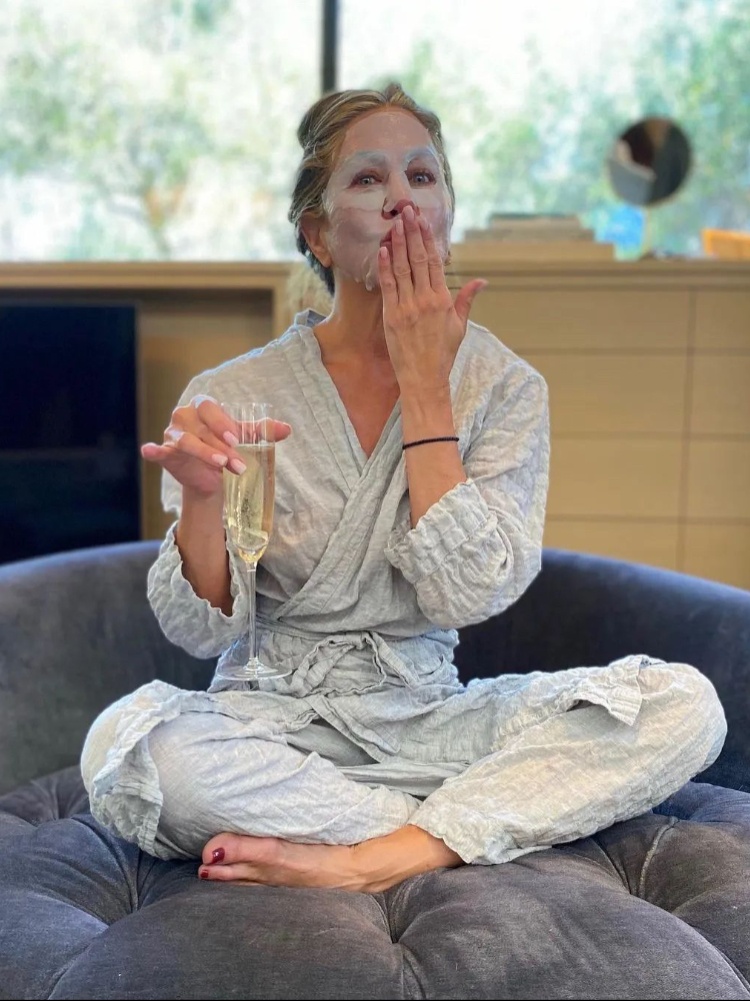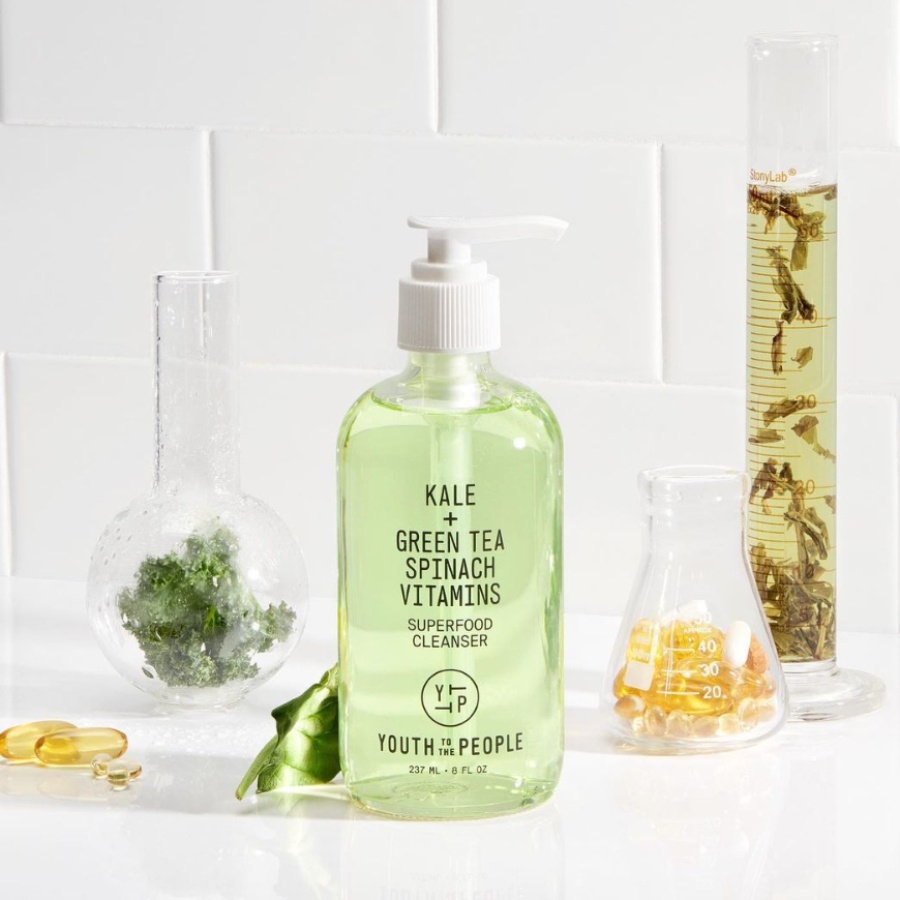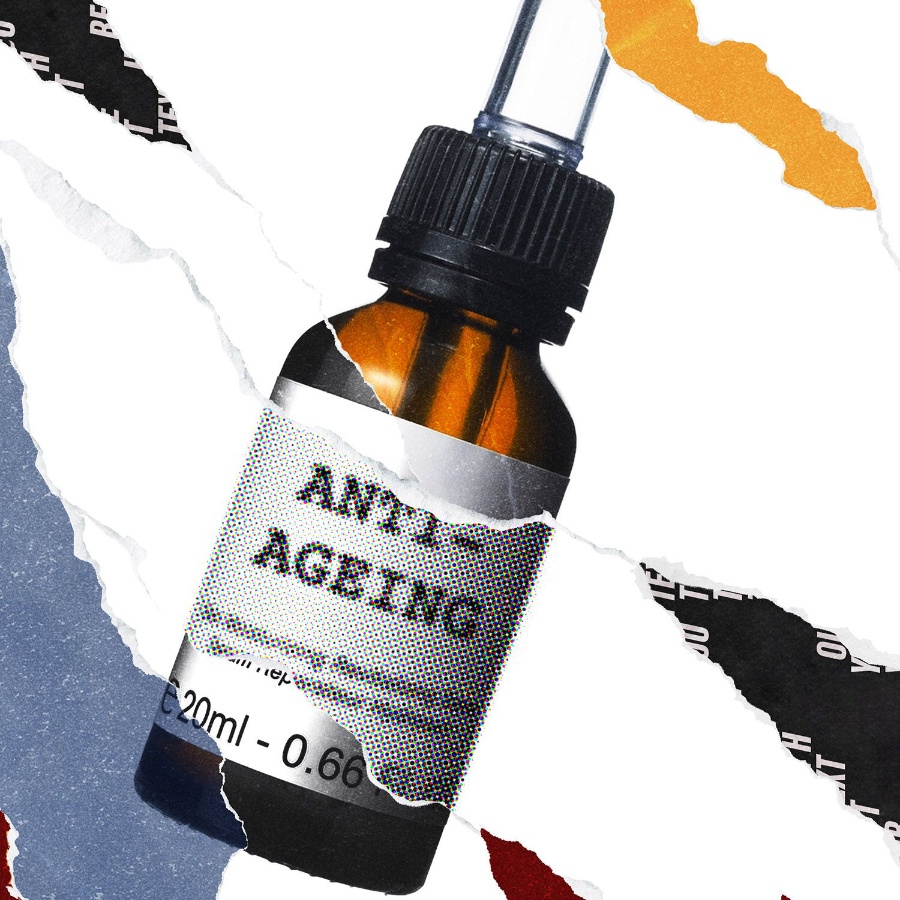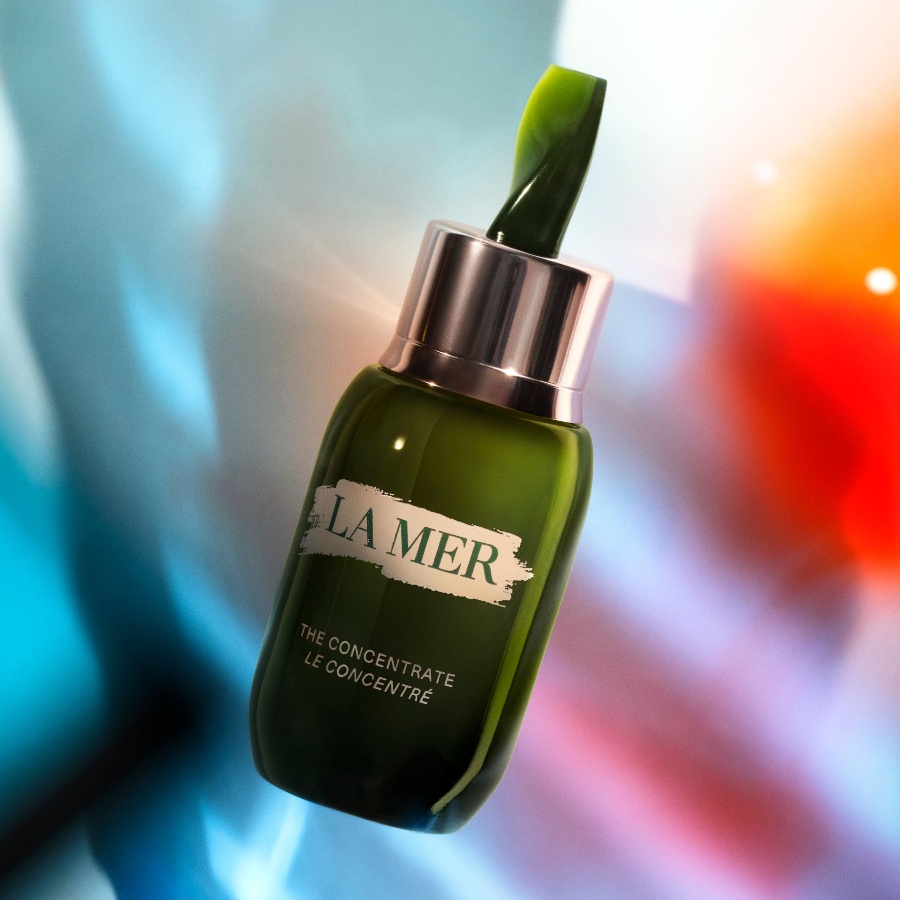Remember how Gwyneth Paltrow’s Goop introduced us to jade rollers for “energy flow”? Neurocosmetics are the 2024 upgrade. Even K-beauty, with its obsession for multi-functional products, is catching on. Brands like Innisfree are infusing ingredients such as cica and mugwort not just for their skin benefits, but for their mood-balancing effects as well. Closer home, Daughter Earth’s A Thousand Roses Body Elixir features vetiver root, known for its soothing properties and skin-nurturing benefits. Forest Essentials’ Stress Relief Ayurvedic Body Oil combines ashwagandha and bala to balance mind and body, while Kama Ayurveda’s Pure Lavender Water offers calming aromatherapy benefits alongside skin hydration. Suganda’s formulations include niacinamide and centella asiatica, both known for their anti-inflammatory and mood-calming properties.
Although these products are not entirely new, Mintel’s 2024 Global Beauty and Personal Care Trends research spotlights the shift in the global beauty industry towards the mind-body connection. “Practices such as psych dermatology (exploring the relationship between psychological well-being and skin health) and neurocosmetics (which focuses on the mind-skin connection) will gain traction,” the report highlights. The latter taps into the concept that your skin, rich in sensory neurons, acts as an extension of your nervous system, directly communicating with your brain. Ingredients like peptides, cannabinoids, and adaptogens interact with these pathways, soothing the skin or sparking the release of mood-boosting neurotransmitters like serotonin. “While traditional skincare focuses on hydration, smoothing, or brightening, neurocosmetics go a step further by engaging with the skin’s neuro mediators, basically the messengers that influence how your skin feels and reacts,” explains Prachi Bhandari, co-founder and head of R&D at Aminu Wellness. “These targeted ingredients help lower stress and leave your skin looking more radiant.”
Take Aminu’s Nourishing Sleep Oil. Infused with a blend of copaiba oil and passion fruit oil, it has, according to Bhandari, a CBD-like effect on the skin. How? “These oils interact with your skin’s endocannabinoid system, specifically targeting CB2 receptors, which helps boost the production of β-endorphin, the feel-good molecule, giving your skin a mini relaxation session.” Interestingly, the pharmaceutical industry has been harnessing the skin-brain connection for many years now. “The most basic way to understand this is to think of Volini, and the instant pain relief it offers upon application.,” says Roshini Sanah Jaiswal, founder, of JustHuman. Neurocosmetics is an extension of that. “It’s skincare that cares for your overall sense of well-being.”
She speaks from personal experience. In 2021, Jaiswal was grappling with Lichen Planopilaris, an autoimmune disorder that wreaked havoc on her hair and skin. Conventional treatments—medication, hormones, and traditional personal care products—proved ineffective, often worsening her condition. Desperate for solutions that could help her feel and look like herself again, she sought a different path. This led to the creation of Just Human’s clean, fast-acting personal care and skin line, with a focus on biocompatible formulations. “Our neurocosmetics use pre-, pro-, and post-biotics to support the skin’s microbiome and maintain its ideal pH of 5.5, boosting resilience and reducing stress while promoting positive sensations,” says Jaiswal. “The neuropeptides in our formulations encourage collagen production, enhance cell renewal, and reduce inflammation for stronger, healthier skin.”
Among the emerging players in the market is Kaia Skincare, founded by New York-based intuitive healer and Reiki master Kalpana Semple. This unique line of skin, hair, and body care integrates the Japanese energy-healing technique Reiki and incorporates natural ingredients like moringa, neem, tulsi, cardamom, and turmeric—Ayurveda favourites known for their mental well-being benefits. “The Reiki infusion, combined with these calming ingredients, helps bring mental calm,” claims Semple, who crafts the products in small batches. One of Kaia’s standout offerings, the Blue Tansy & Moringa Balm, has become a bestseller for its potent soothing properties.
For Dr Pooja Talera, aesthetic physician and founder of Pune-based KOSA Wellbeing, neurocosmetics represent “performance skincare” that targets cortisol levels and inflammation—two key culprits behind premature ageing. “These products are particularly effective for concerns like acne or stubborn pigmentation, where reducing inflammation from within is essential,” she explains. However, she does advise using them under expert guidance, “as many contain herbal ingredients and essential oils with fragrance that can irritate sensitive skin.”
While advancements in skincare are always welcome, could the bold claims of neurocosmetics risk oversimplifying solutions for those with serious mental health conditions? It’s a tricky branding space, notes clinical psychologist and psychotherapist Mini Nair. “No one’s calling it ‘psycho cosmetics’. The fact remains that this field is primarily researched for cosmetic benefits, not as a replacement for mental health treatment,” she explains.
That said, Nair does not deny the benefits of neurocosmetics, provided consumers approach them with a clear understanding of their limitations. “When acknowledging mental health struggles remains a challenge, relying solely on feel-good products can be counterproductive. It’s crucial to have accurate information to decide when it’s time to seek psychotherapy or dermatological care, rather than placing all hopes on a cream or oil,” she advises.
Ultimately, neurocosmetics might be a great pick-me-up for your skin and mood, but let’s face it—sometimes, you need more than a cream to tackle what’s really going on beneath the surface. Because while good vibes are great, good therapy might just be better.






